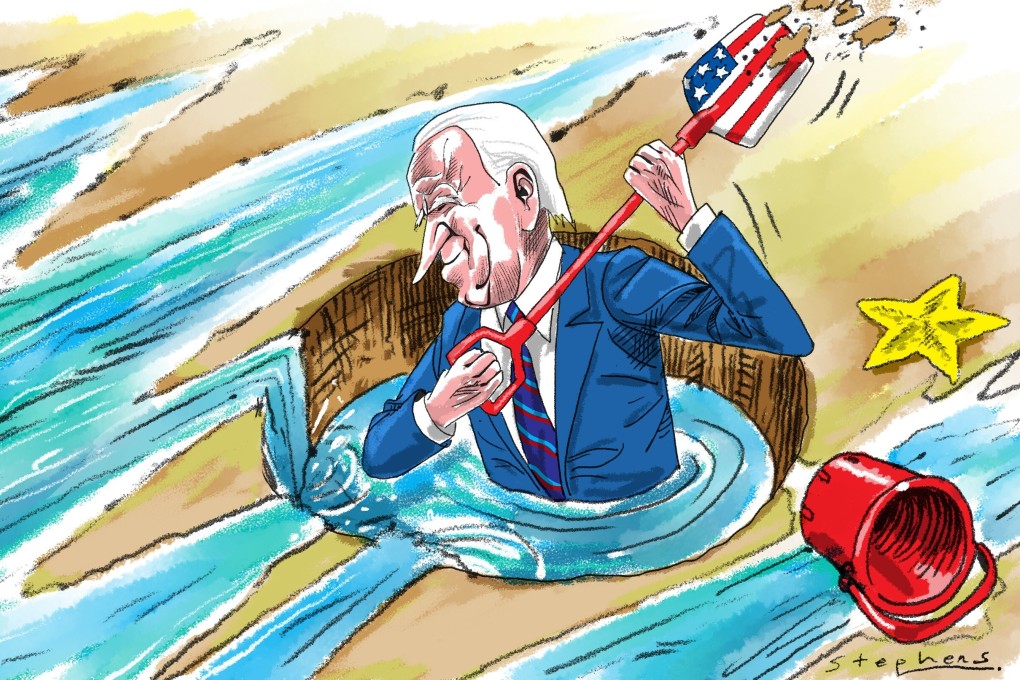Opinion | Biden must rethink US approach to the South China Sea. Early signs are not promising
- The Biden administration has a chance to forge stability in the region and undo the damage of Trump’s ‘America first’ policy. But, so far, there has been no indication of a softening of the US approach to China

The new Joe Biden administration has an opportunity to re-engage with China on the South China Sea, rebuild trust, forge stability and simultaneously increase its soft power by treating Southeast Asian countries with respect.
President Biden inherits a dicey situation. Under Trump, the US was perceived as trying to make China either stand down from its claims or defend them militarily. This “retreat or fight” scenario is quite risky and may result in military confrontation.
During his campaign, Biden wrote an article for Foreign Affairs in which he said: “The United States does need to get tough with China.” He suggested building a united front of allies and partners to confront what he called China’s “abusive behaviours and human rights violations”. But he also said he would try to cooperate with Beijing on matters of mutual benefit.

02:14
Japan-US hold joint military drills including cyberwarfare training as concerns about China grow
Make no mistake. The US policy goal is likely to remain the same – American primacy in Asia. But the goal can be accomplished in a less militarily aggressive and more transparent manner that does not purposely and unnecessarily obstruct China’s peaceful rise. The Biden team’s approach is likely to be different from that of the Trump administration’s.
